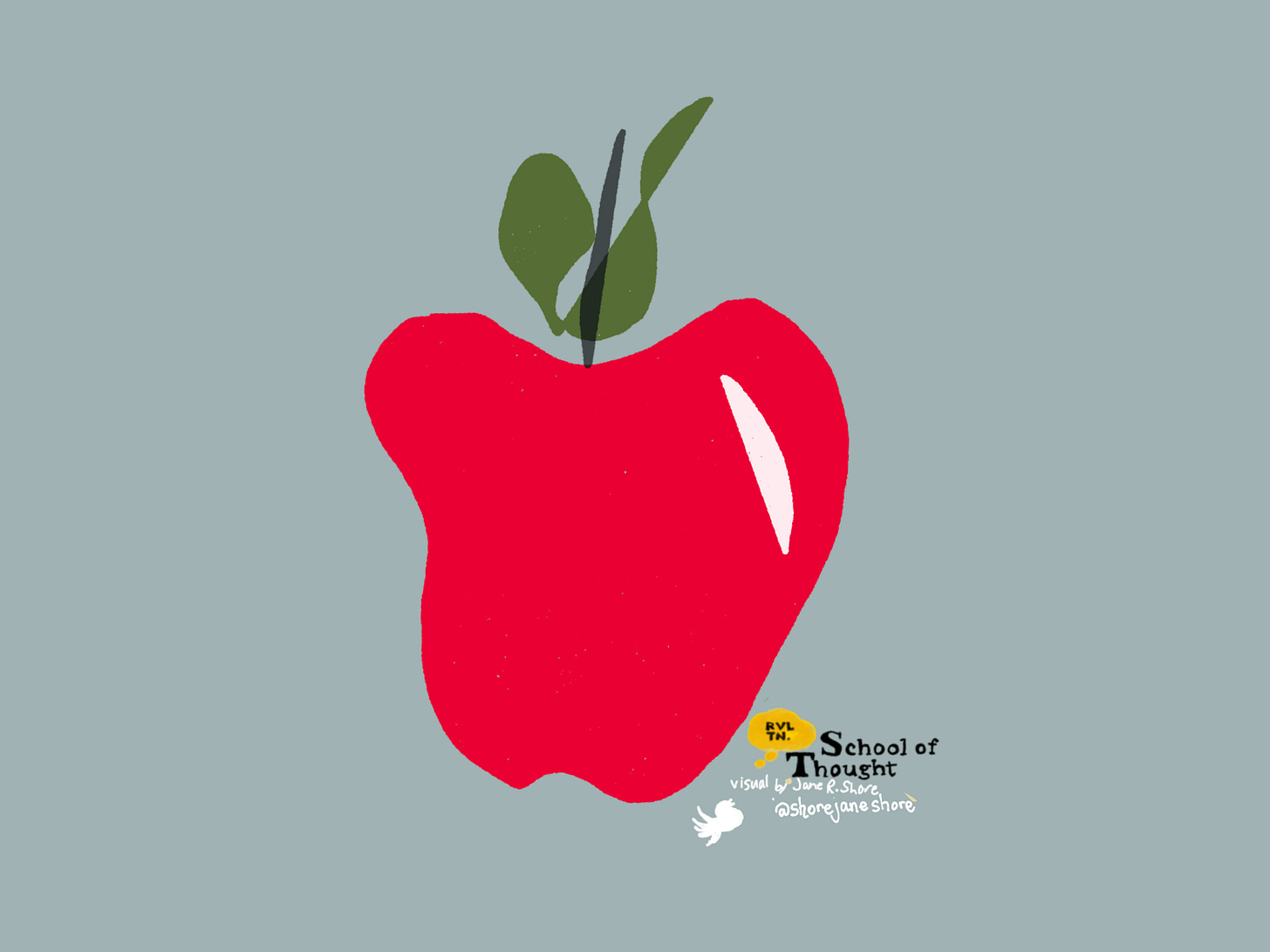What is Essential in Schools?
Minimalism applies not only to the design of homes, but also schools

At the very end of 2021, my older son was diagnosed with an autoimmune disease. It’s a relief to finally have a diagnosis, especially for a young person who was told that his symptoms were a result of anxiety or depression or something other than what he was feeling. And with a diagnosis has come personalized care, and a recovery plan, and we are slowly seeing the light.
But in the days and weeks that have followed his diagnosis, as he gets himself steadied and forward thinking and well, a new focus is emerging. A thoughtful team we’ve convened, with doctors and mental health professionals, high school educators and educational leaders, has asked a question that, at its root, is about well-being.
“What is essential?”
If you like what read, please click the heart above. ♥️ I’d love to hear from you.
Why don’t we always ask this question?
What IS essential?
Research published in the International Journal of Applied Psychology in 2021, found this question is tied to well-being. The research finds that essentialists, or minimalists (in design, life decisions), report various wellbeing benefits.
These include:
a greater sense of autonomy,
feeling more in control of one’s environment and
having more mental space, awareness and
positive emotions such as joy and peacefulness.
What are the essentials of school? *(and for that matter, life?)
The Big Idea
Papers assigned with word counts, checking off that all small assignments are complete, the need to get “through” a certain amount of material or “cover” certain content in math, or computer science, requiring a certain number of years of learning a subject…why? Why should we ever feel “behind”? Behind what?
Do we need to race to cover broader content in conventionally defined “subjects?“ Who chooses those subjects? The trajectory? The requirements?
If we want to grow human-centered schools, that aim to create space and agency in lifelong learners, engaged humanitarians and empathetic people, we need to ask the question of essentials more often. In our decisions, assignments, culture, roles, our jobs to be done, how are we supporting these essentials?
With a focus on the purpose of school, the following is the list of essentials.
Being fed, nourished and taken care of
Becoming intellectually and physically challenged at school, even if exposure to these challenges can sometimes be uncomfortable
Discovering and expressing strengths or abilities (e.g. dance, mathematics, scientific inquiry, art, etc.) at school
Being able to write clearly; Read well; Master basic mathematical operations
Becoming knowledgeable about the human body and physically active at school
Having time, space and support to daydream, be curious and be creative
Being connected to ourselves and to others
Note these are all written in the present participle, representing an ongoing process, not a static set of practices. They are not about Mastery, they are essentials for lifelong learning.
And while many describe school in terms of future reaching goals, or being prepared for the future, my sense is that we have to create schools that support children today- who they are, what they do, their daily practices.
We cannot really control the future outcomes, but we can create experiences that rest on the essentials.
Subscribe now so you don’t miss an issue!





